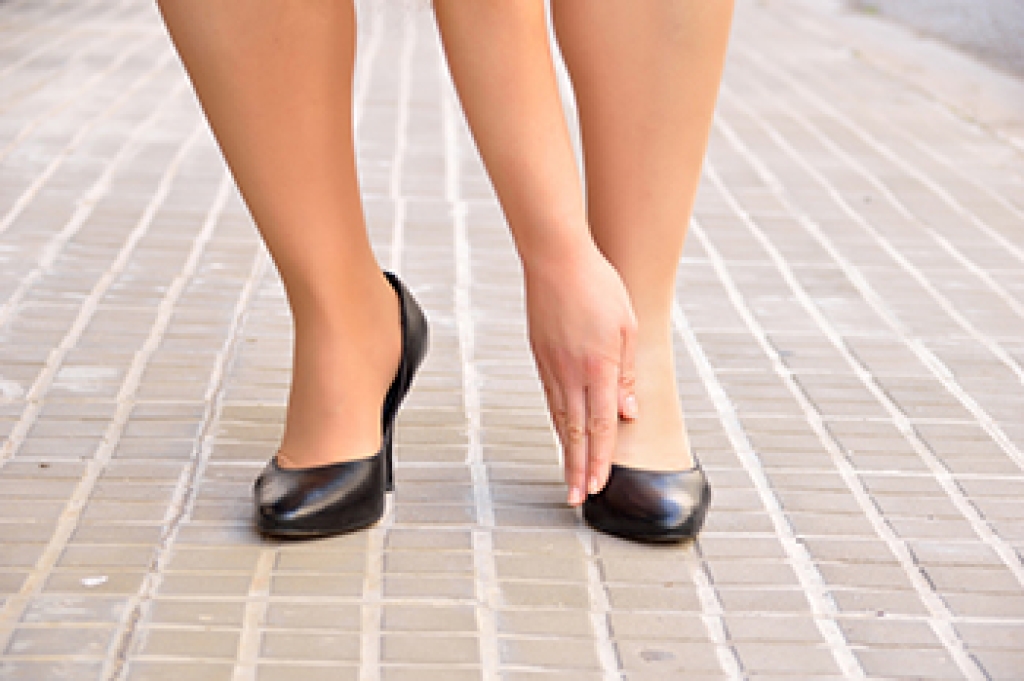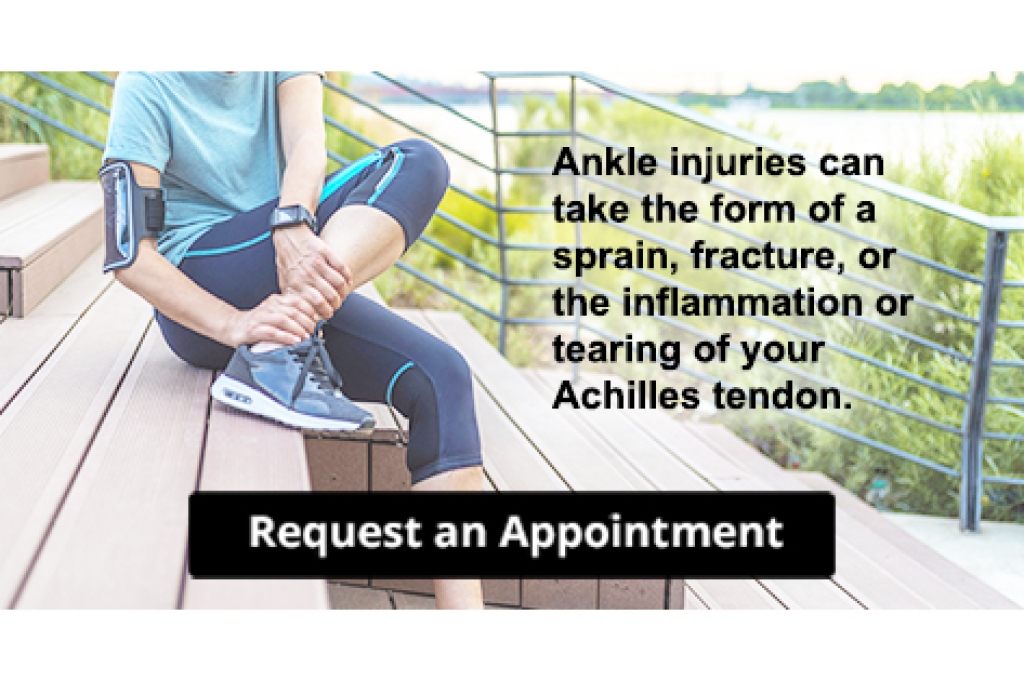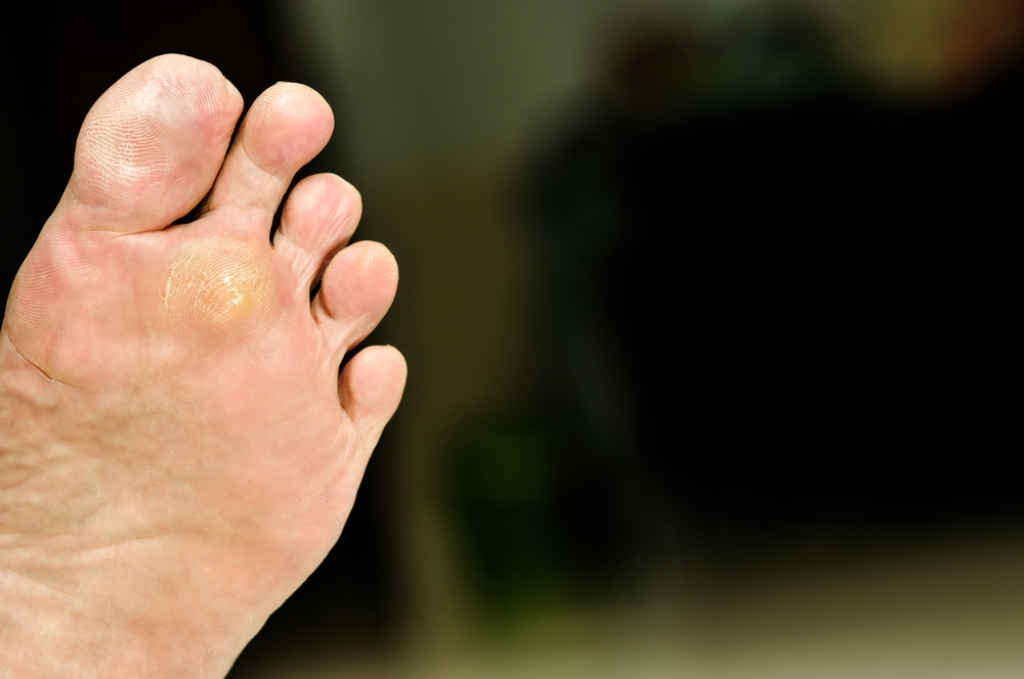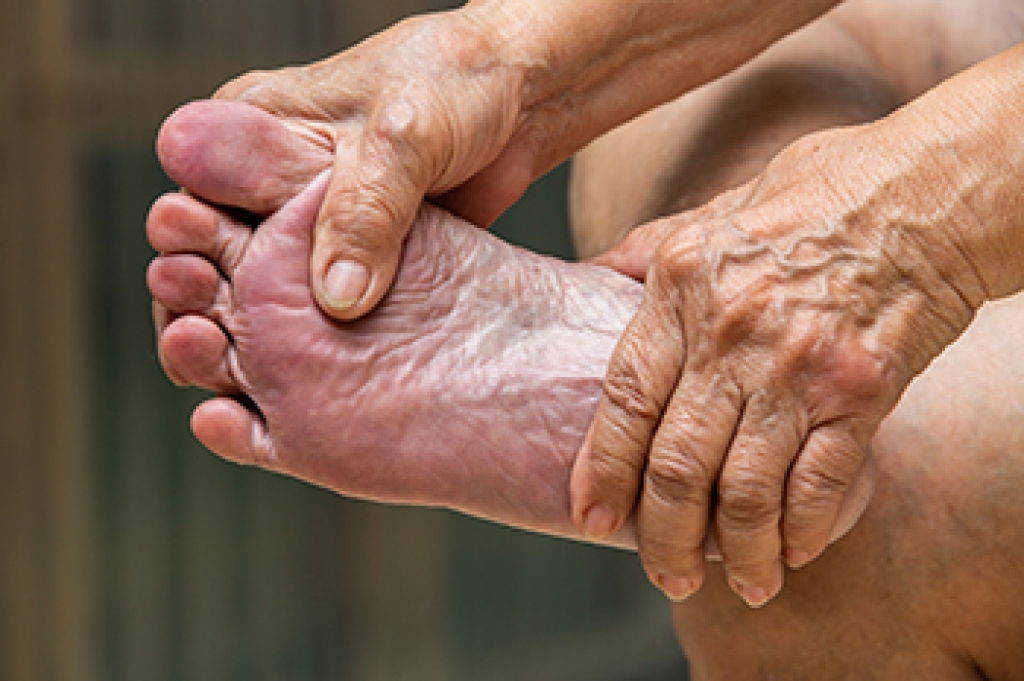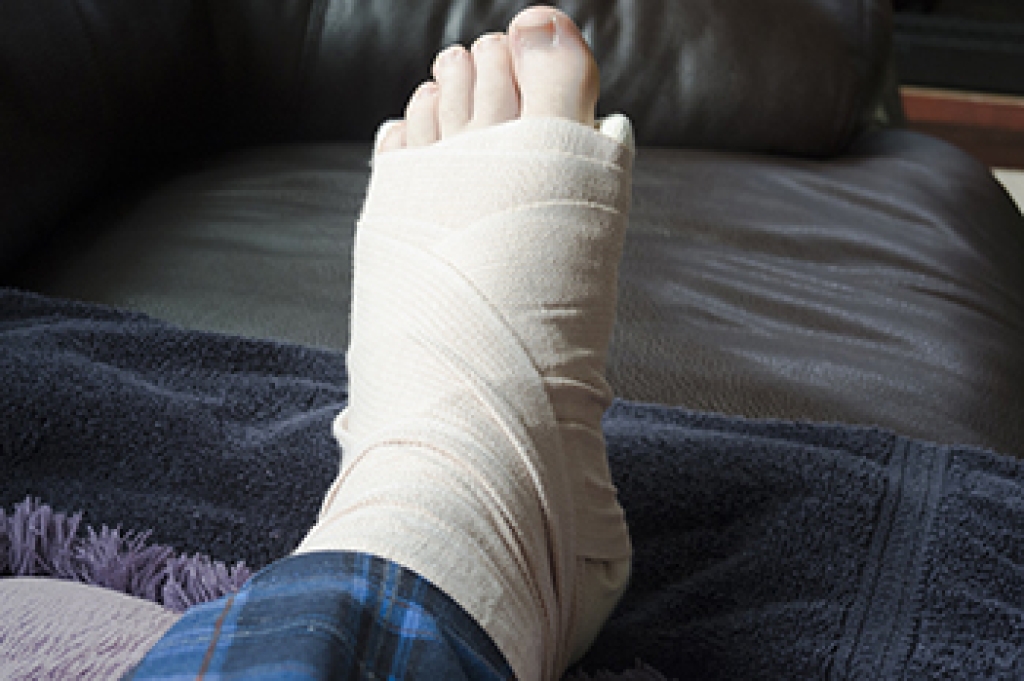
Metatarsal fractures are breaks in one of the five long bones in the forefoot that connect the toes to the midfoot. These injuries are classified by location. A fracture may involve the head, shaft, or base of a metatarsal. Shaft fractures often follow twisting forces or direct impact and cause swelling and pain with walking. Stress fractures usually affect the second or third metatarsal and develop gradually from repeated loading. The fifth metatarsal is fractured often and includes avulsion fractures, Jones fractures, and stress breaks near the base. Jones fractures need careful identification because healing differs from other fractures. Fractures of the first through fourth metatarsals may also involve midfoot ligaments and affect stability. A podiatrist can identify the fracture type, order imaging, and guide care to support healing. For help dealing with metatarsal fractures, it is suggested that you make an appointment with a podiatrist.
A broken foot requires immediate medical attention and treatment. If you need your feet checked, contact one of our doctors from Andrea Hyperbaric Wound Care & Health Center. Our doctors can provide the care you need to keep you pain-free and on your feet.
Broken Foot Causes, Symptoms, and Treatment
A broken foot is caused by one of the bones in the foot typically breaking when bended, crushed, or stretched beyond its natural capabilities. Usually the location of the fracture indicates how the break occurred, whether it was through an object, fall, or any other type of injury.
Common Symptoms of Broken Feet:
- Bruising
- Pain
- Redness
- Swelling
- Blue in color
- Numbness
- Cold
- Misshapen
- Cuts
- Deformities
Those that suspect they have a broken foot shoot seek urgent medical attention where a medical professional could diagnose the severity.
Treatment for broken bones varies depending on the cause, severity and location. Some will require the use of splints, casts or crutches while others could even involve surgery to repair the broken bones. Personal care includes the use of ice and keeping the foot stabilized and elevated.
If you have any questions, please feel free to contact our office located in Astoria, NY . We offer the newest diagnostic and treatment technologies for all your foot care needs.
